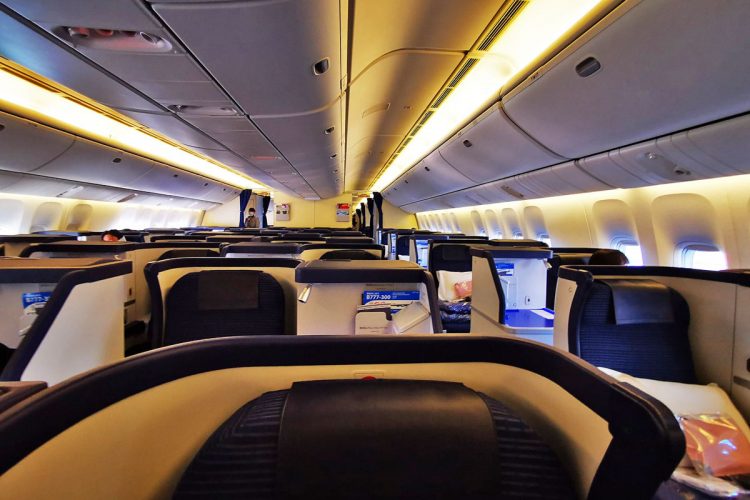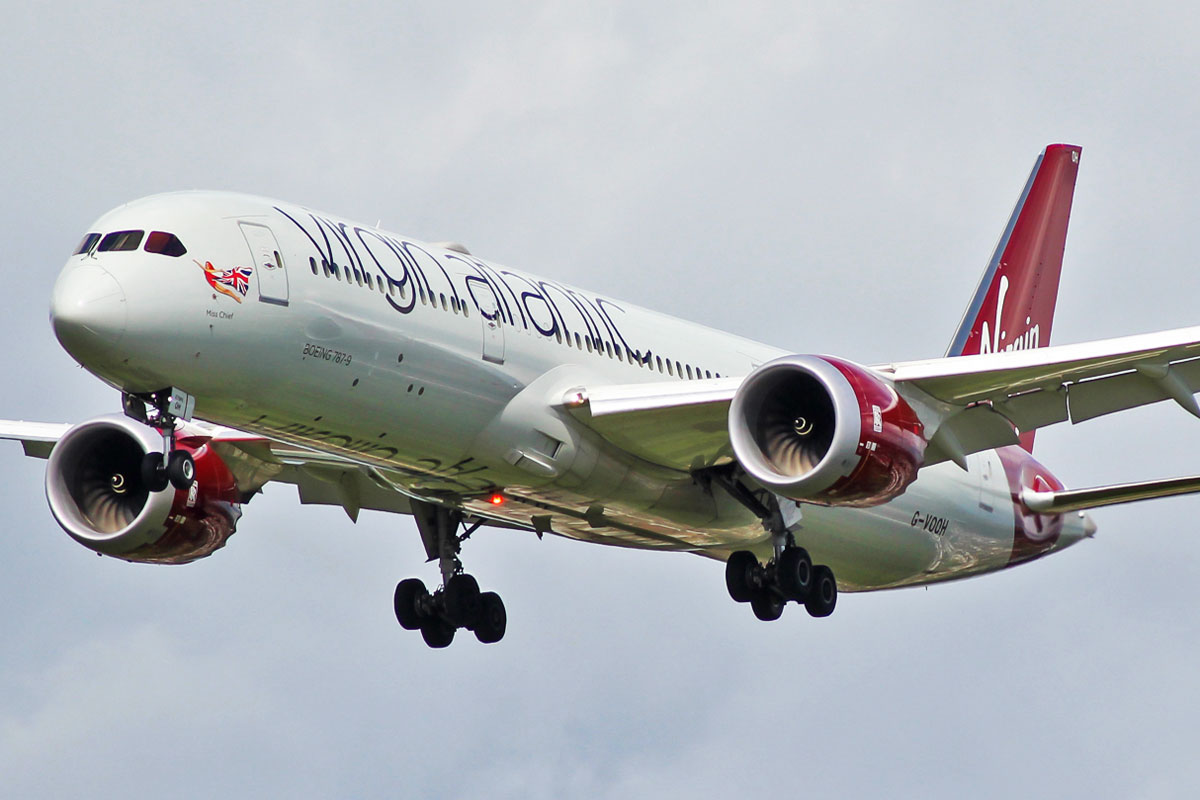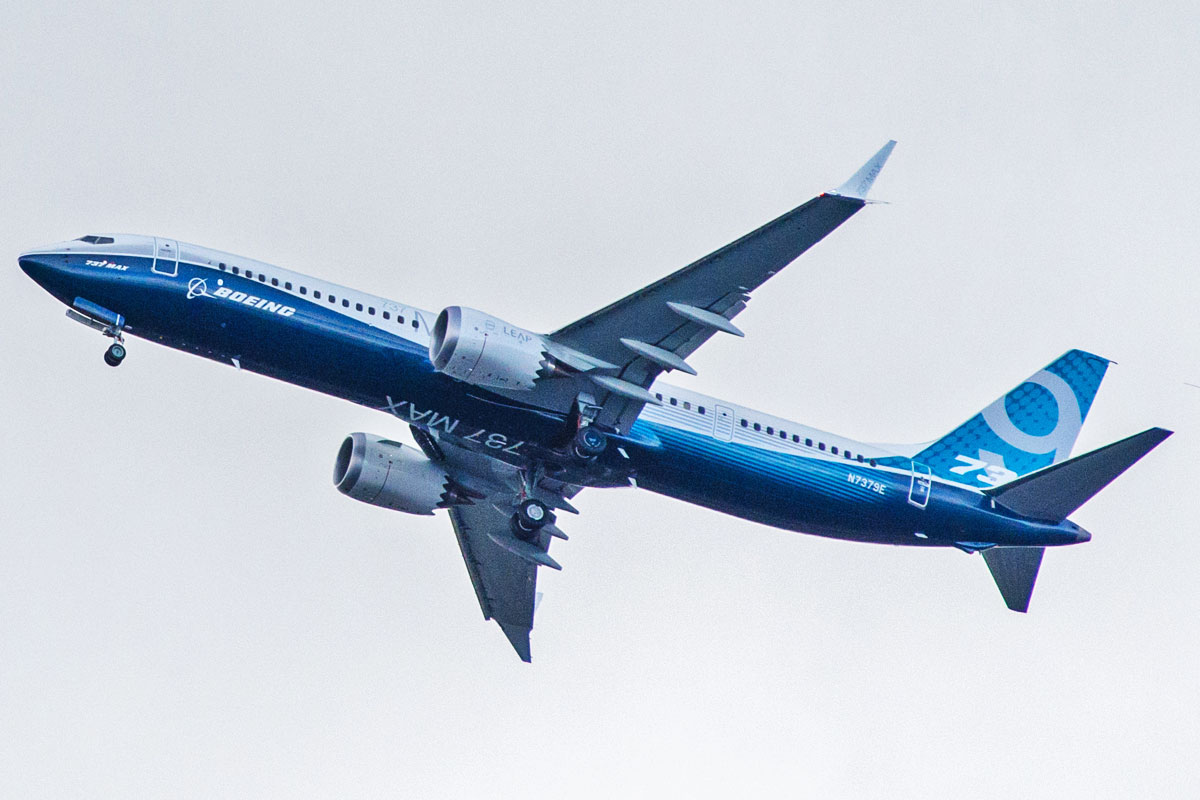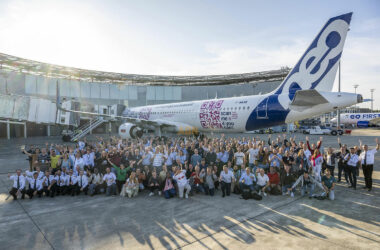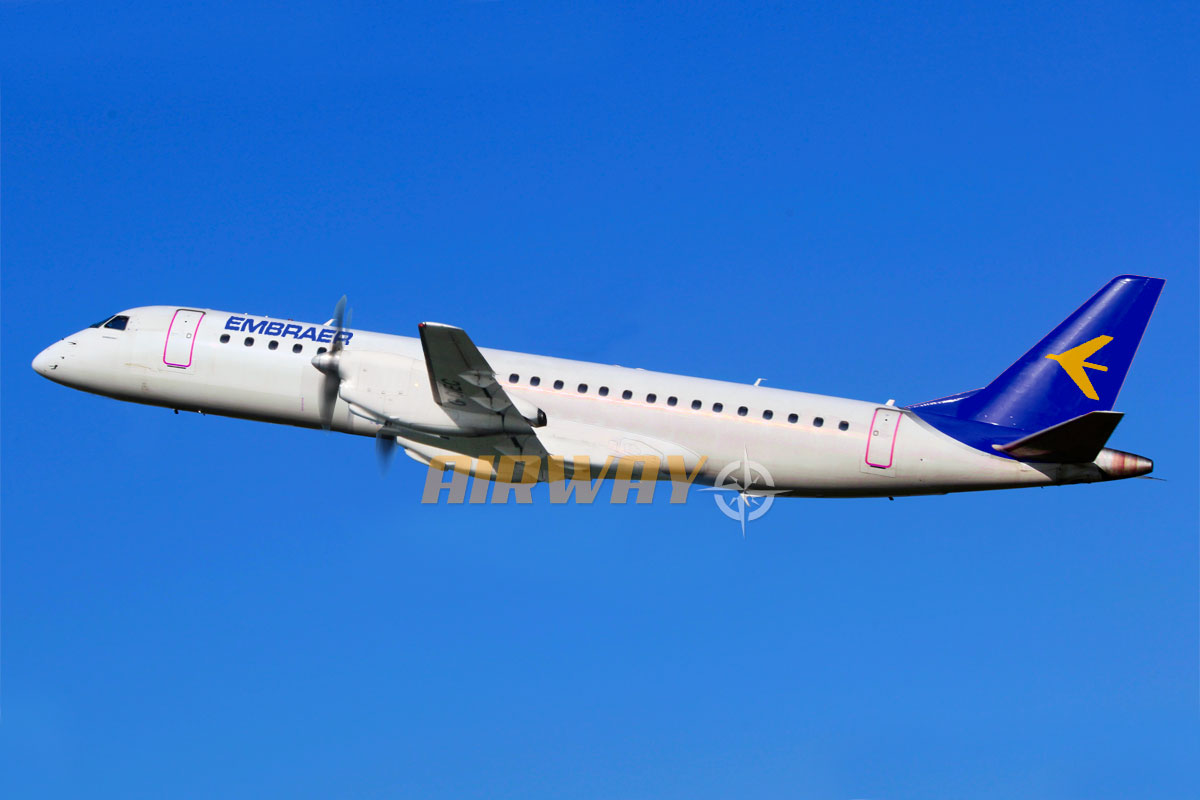The worldwide coronavirus epidemic is already seriously affecting air traffic and has just claimed its “first victim”, the British airline FlyBe, which ended its flights on Thursday.The collapse of the UK regional, which had an internal flight network connected to cities in Europe, shows that the drop in demand caused by COVID-19 disease has barely started.
Although FlyBe already had its finances ruined and received financial aid in January, the effect of flight cancellations and travel restrictions for thousands of passengers could be the beginning of a series of crashes in commercial aviation, a sector known for its financial fragility. many companies.
In fact, IATA, the worldwide airline association, said on Wednesday that the impact of the coronavirus had barely begun: “January was just the tip of the iceberg in terms of the traffic impacts we are seeing owing to the COVID-19 outbreak , given that major travel restrictions in China did not begin until 23 January. Nevertheless, it was still enough to cause our slowest traffic growth in nearly a decade,” said Alexandre de Juniac, IATA’s Director General and CEO.
January statistics released by IATA reveal that global passenger traffic demand grew 2.4% compared to the same period in 2019. Although positive, the association’s reading is that a higher rate would be expected, above 4, 5%, which has been occurring since 2010, the year when the ash cloud of a volcano in Iceland caused several flight cancellations.
The regions of Africa, the Middle East and North America ended up unaffected by the effect of the epidemic, with growth above 5% while Europe, Asia and Latin America had an modest growth.
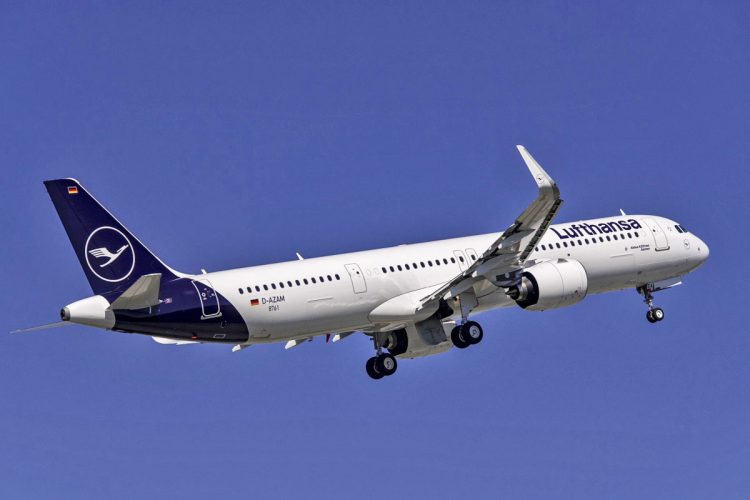
Speaking of the Latin American market, which had no influence from the Coronavirus in January, there is an extra factor for the fall, especially in international traffic, the appreciation of the US dollar, which discouraged trips abroad. Brazil, the largest market in the region, experienced growth in domestic traffic in contrast to international traffic. China, the epicenter of the epidemic, had a drop of 6.8% in domestic traffic, a number that will certainly be higher in February.
Contingency measures
With the virus spreading more and more around the world and growing fear in the population, airlines are being forced to take extreme measures to avoid further damage. In Europe, where the outbreak has been expanding, there are hundreds of daily cancellations and empty flights.
Lufthansa confirmed this week that it cut its capacity by a fifth, which is equivalent to taking 150 planes out of service. Other airlines are encouraging passengers with reservations in March to change the flight date free of charge.
After a year with countless airline crashes, 2020 begins with a huge health threat for several companies in debt or with low profit margins, especially the so-called low cost. It will not be absurd to see a bankruptcy “epidemic” in the coming months if the crisis worsens.
